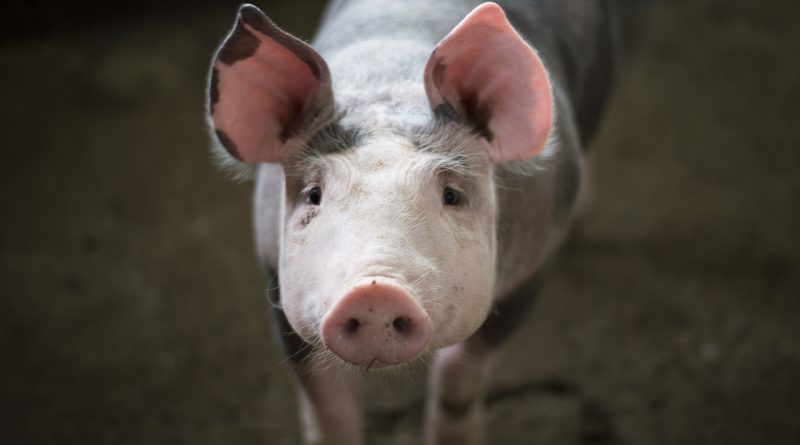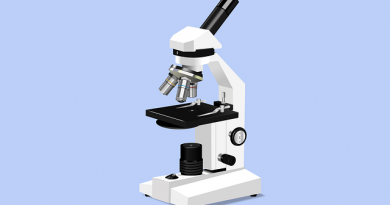Help End Cruel Research at Dartmouth College
Image by Yair Ventura Filho from Pixabay
| ADAV was recently contacted to lend our support to an advocacy effort to end animal testing at Dartmouth College Geisal School of Medicine. Geisel is conducting cruel and inhumane pain distress studies on pigs, american pine voles, rabbits and hamsters. Over the last several years they have also tested on primates and sheep. There are multiple ways you can take action to oppose this research. You can send letters in the post, email, and make phone calls too! They can be directed to the following to people: Phil Hanlon, Dartmouth President PHONE: 603-646-223 207 Parkhurst Hall Darmouth College Hanover, NH 03755 USA Email: president’s.office@dartmouth.edu Duane Compton, Dean of Geisel Medical School PHONE: 603-646-5200 1 Medical Center Drive Hinman Box 7999 Lebanon, NH 03756 USA Email: geisel.dean’s.office@dartmouth.edu Here is an example letter: Dear Drs. Phil Hanlon President, Dartmouth College and Duane Compton, Dean of Geisel Medical School I am writing to urge you to stop conducting experiments on animals in your medical school and animal laboratory. There are many newer and more human-centric approaches available that include organs-on-a-chip and other computer models, cell cultures, human tissues and 3D printing. As researchers such as Dr. Aysha Akhtar have pointed out, these kinds of approaches take the guesswork out of having to extrapolate data from other species to humans. Awareness of the limitations of animal models in research is growing as is awareness of alternatives. It is one reason the U.S. has recently eliminated the mandate for animal testing for new drugs and for biosimilars with the FDA Modernization Act 2.0. The University of Windsor’s Canadian Center for Alternatives to Animal Methods and the Canadian Centre for the Validation of Alternative Methods are at the cutting edge of modern alternatives to animal models. Dartmouth College could cease clinging to historical methods and instead follow their example and exemplify innovative and modern research practices. At the same time, it could also move away from causing unnecessary pain and suffering to living beings. I understand some of your research is specifically pain research. Moving away from animal research is not only the practical thing to do, but more importantly, the ethical thing to do. |




